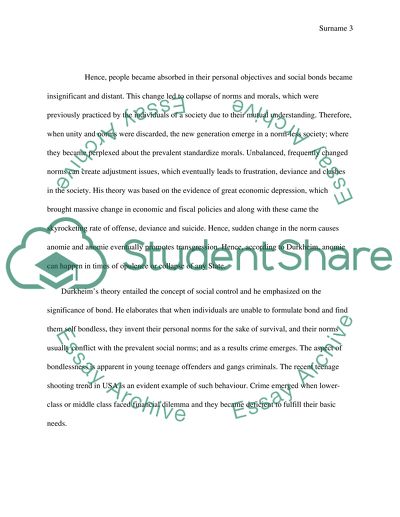Cite this document
(“Critically evaluate the Durkheim criminological perspective Essay”, n.d.)
Retrieved from https://studentshare.org/sociology/1498307-critically-evaluate-the-durkheim-criminological
Retrieved from https://studentshare.org/sociology/1498307-critically-evaluate-the-durkheim-criminological
(Critically Evaluate the Durkheim Criminological Perspective Essay)
https://studentshare.org/sociology/1498307-critically-evaluate-the-durkheim-criminological.
https://studentshare.org/sociology/1498307-critically-evaluate-the-durkheim-criminological.
“Critically Evaluate the Durkheim Criminological Perspective Essay”, n.d. https://studentshare.org/sociology/1498307-critically-evaluate-the-durkheim-criminological.


